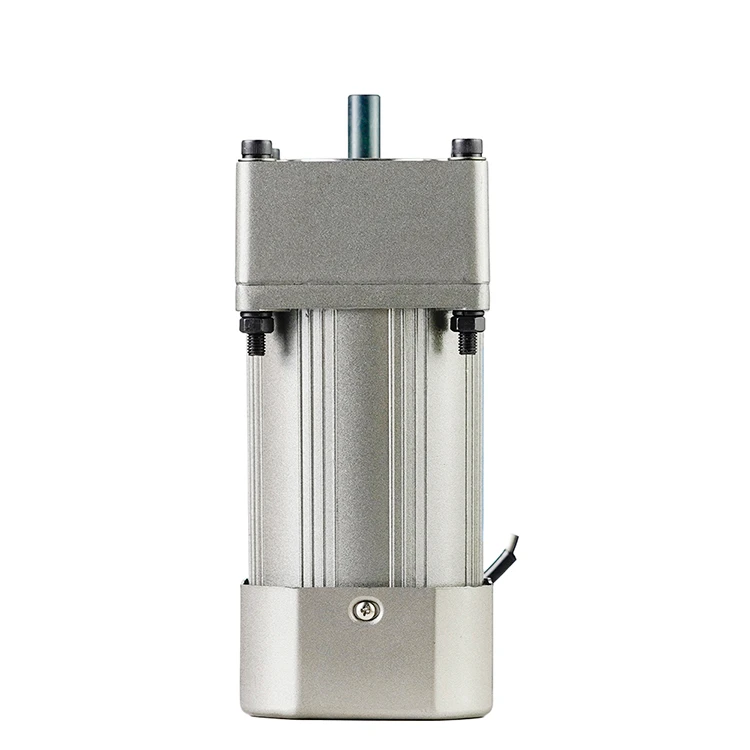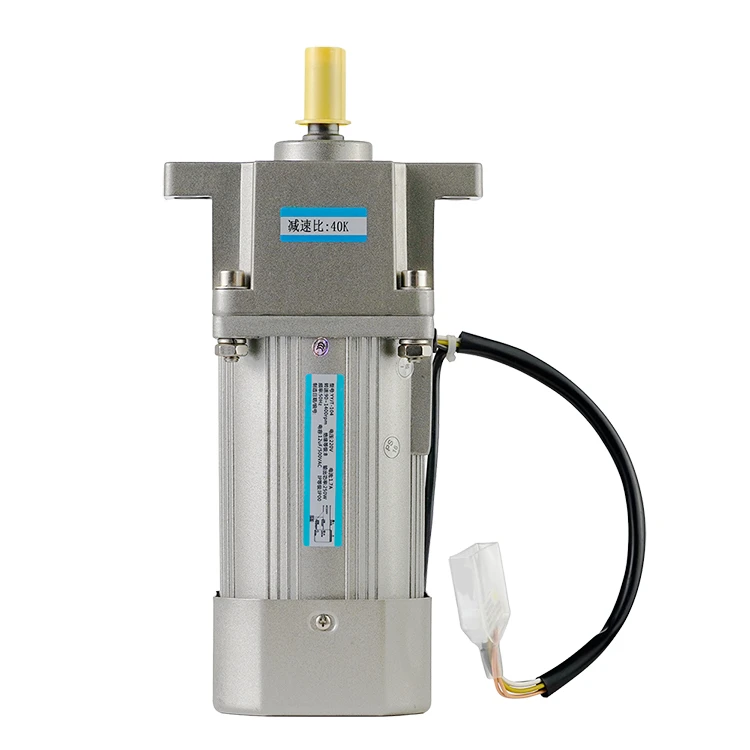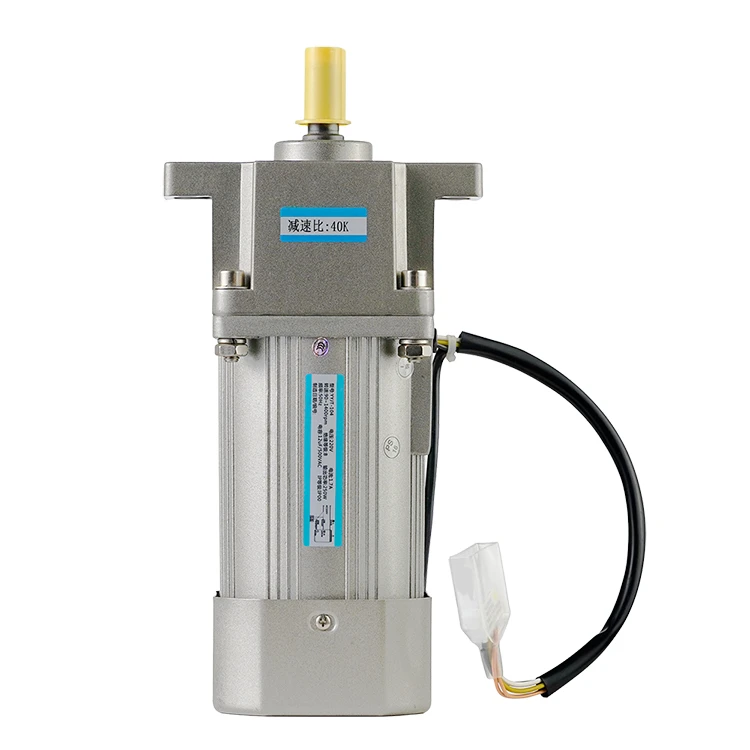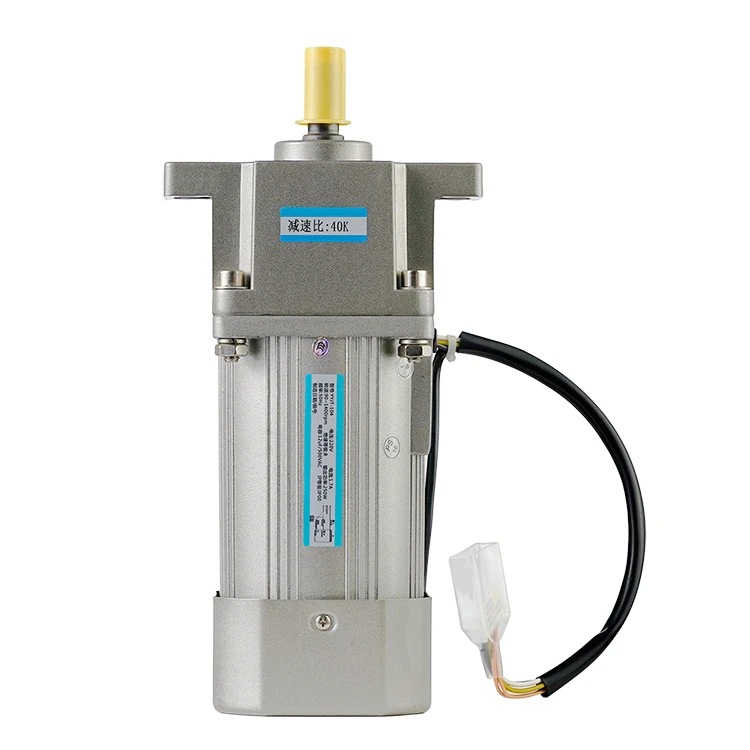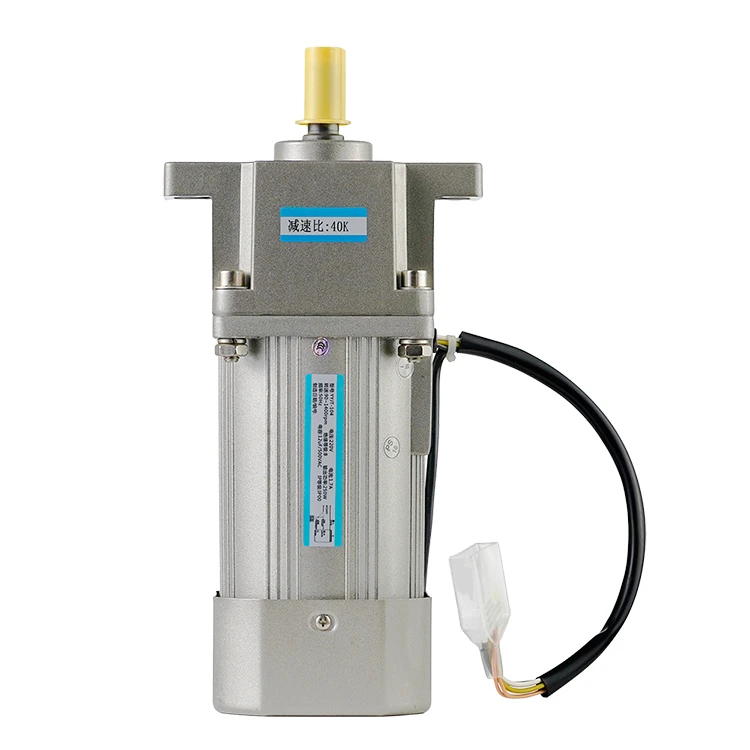Are servo motors brushless?
2023-01-02 16:39:42
Servo motors are a critical component of modern automation systems, and they come in two main types: brushed and brushless. In this article, we will focus on brushless servo motors and explore their advantages and applications.
Advantages of Brushless Servo Motors
One of the primary advantages of brushless servo motors is their increased efficiency. Unlike brushed servo motors, which suffer from electrical losses due to brush friction, brushless servo motors transfer electrical power to the rotor using a different mechanism. This means they can convert a higher proportion of the electrical power they consume into useful mechanical work, making them more efficient.
Another advantage of brushless servo motors is their durability. Because they do not use brushes, they do not suffer from the wear and tear associated with brush friction. This means they can operate for longer periods of time without requiring maintenance or replacement, making them more reliable.
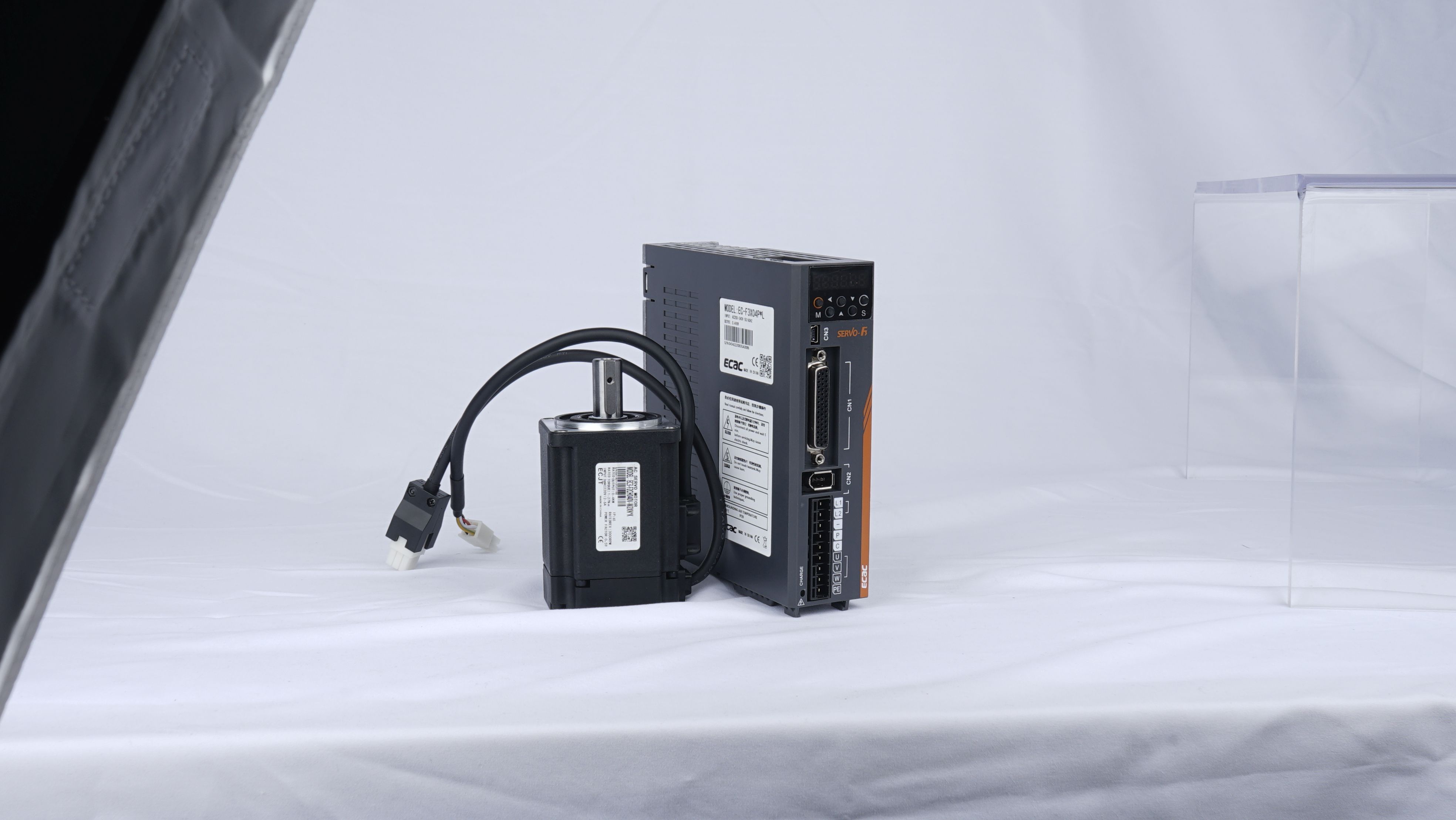
Additional Advantages
Brushless servo motors are also typically quieter than brushed servo motors, making them a good choice for applications where noise is a concern. They are also more compact, making them a good choice for applications where space is limited.
Applications
Brushless servo motors are used in a wide variety of applications, including robotics, machine tools, and precision instruments. They are particularly useful in applications where high precision and rapid response times are required, such as in CNC machines and robotic arms.
Conclusion
In conclusion, brushless servo motors offer several advantages over brushed servo motors, including increased efficiency, durability, and compactness. These advantages make them a popular choice for a wide variety of applications in the motor industry.
See What Lunyee Can Do For You
Contact Us
- 8619149417743
- +86-0371-5562 0274
- [email protected]
- Zhengzhou, Henan Province, China
- Mon-Fri: 9:00 - 18:00
